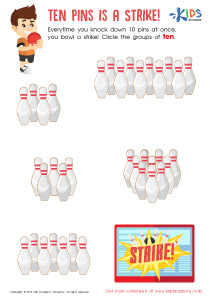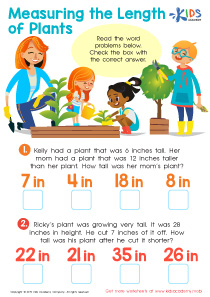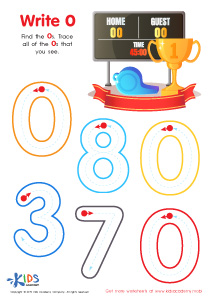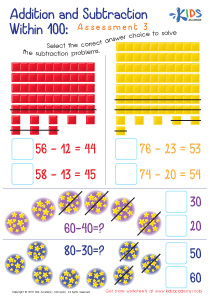Counting skills Easy Numbers up to 100 Worksheets for Ages 4-8
6 filtered results
-
From - To
Welcome to our “Counting Skills: Easy Numbers up to 100" worksheets! Designed for children ages 4-8, these engaging resources make learning to count fun and interactive. Our printable worksheets feature colorful activities that capture young learners' attention while helping them master counting skills with numbers up to 100. From number recognition to addition and subtraction, each worksheet fosters essential math skills in a playful format. Perfect for home or classroom use, these worksheets enhance numerical understanding and promote early math success. Start your child's counting journey today and watch their confidence grow with each completed task!
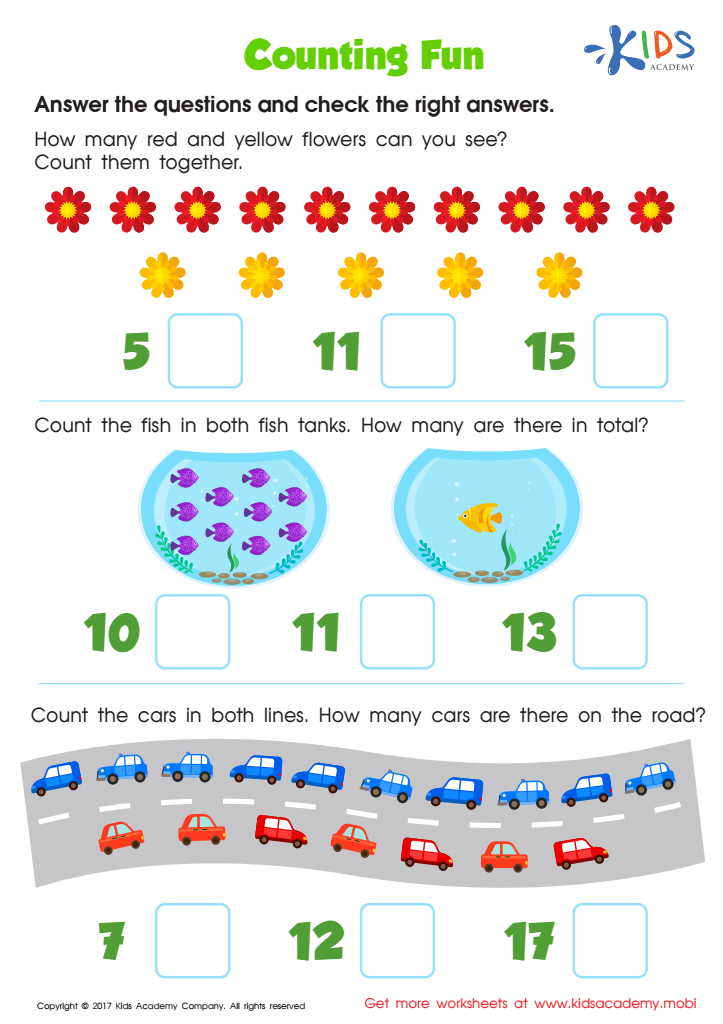

Counting Fun Worksheet
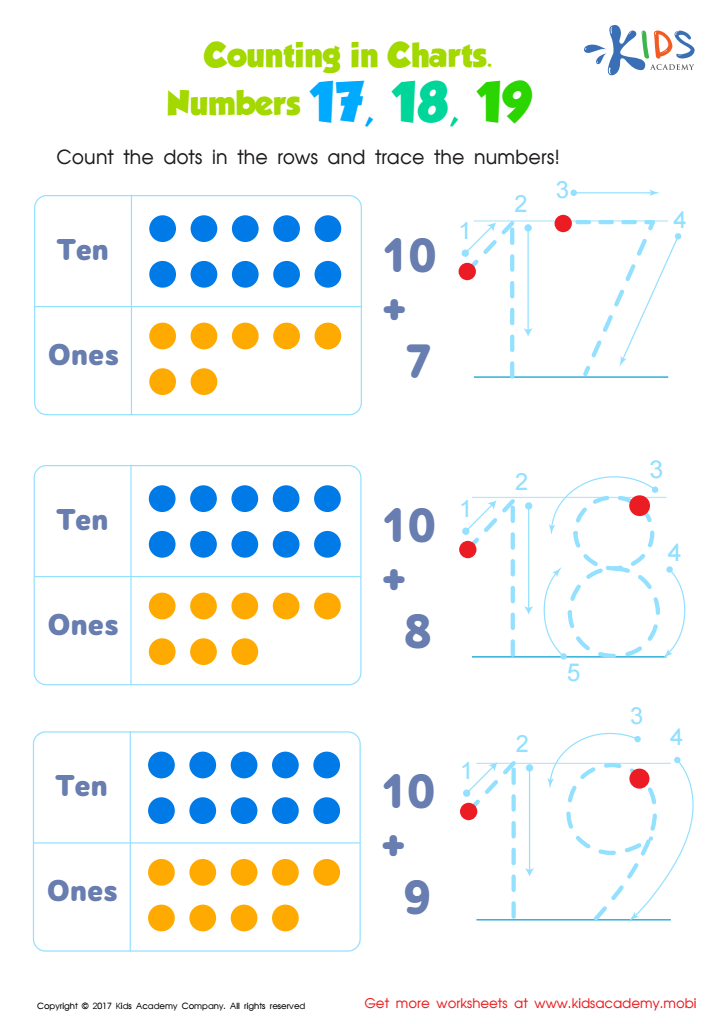

Kindergarten Number Tracing: Counting in Charts Worksheet
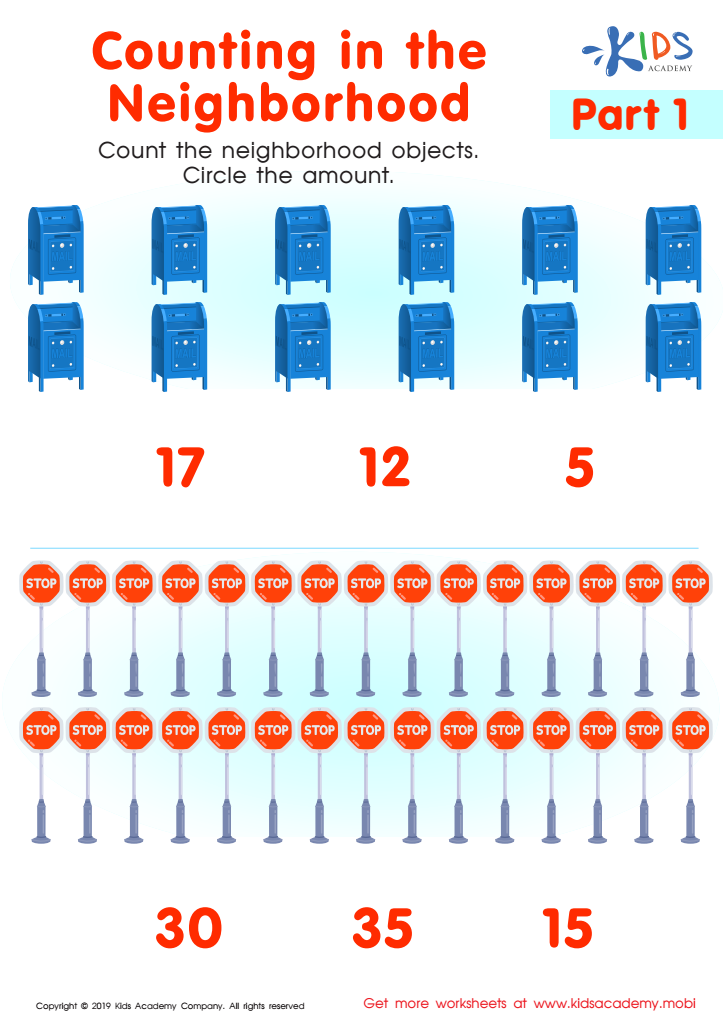

Counting in the Neighborhood Part1 Worksheet
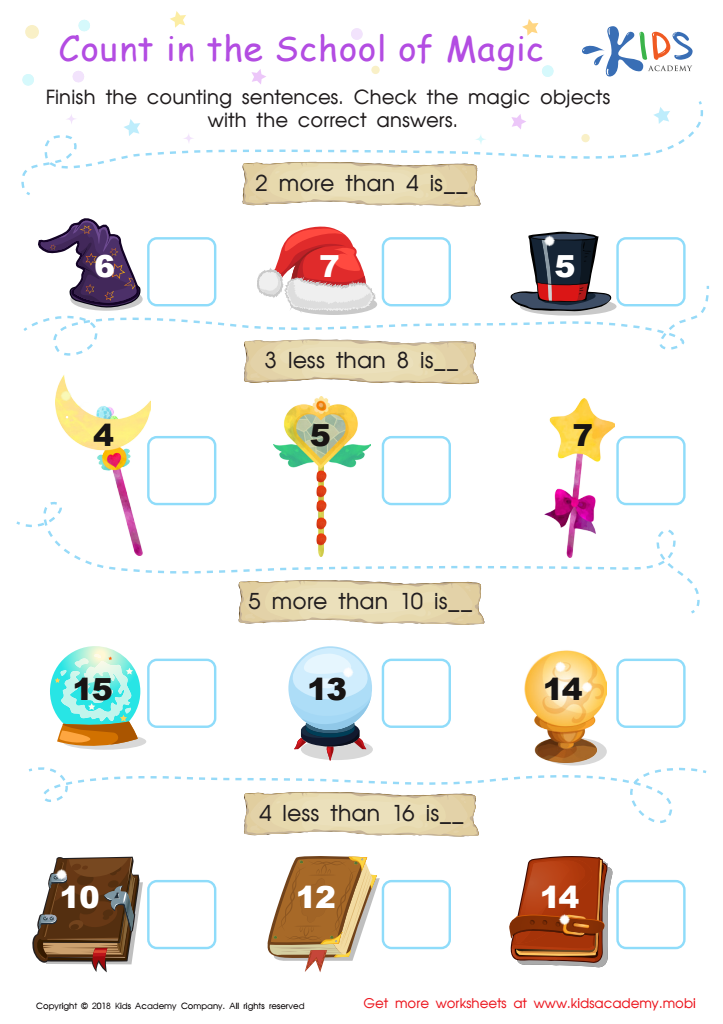

Count in the School of Magic Worksheet
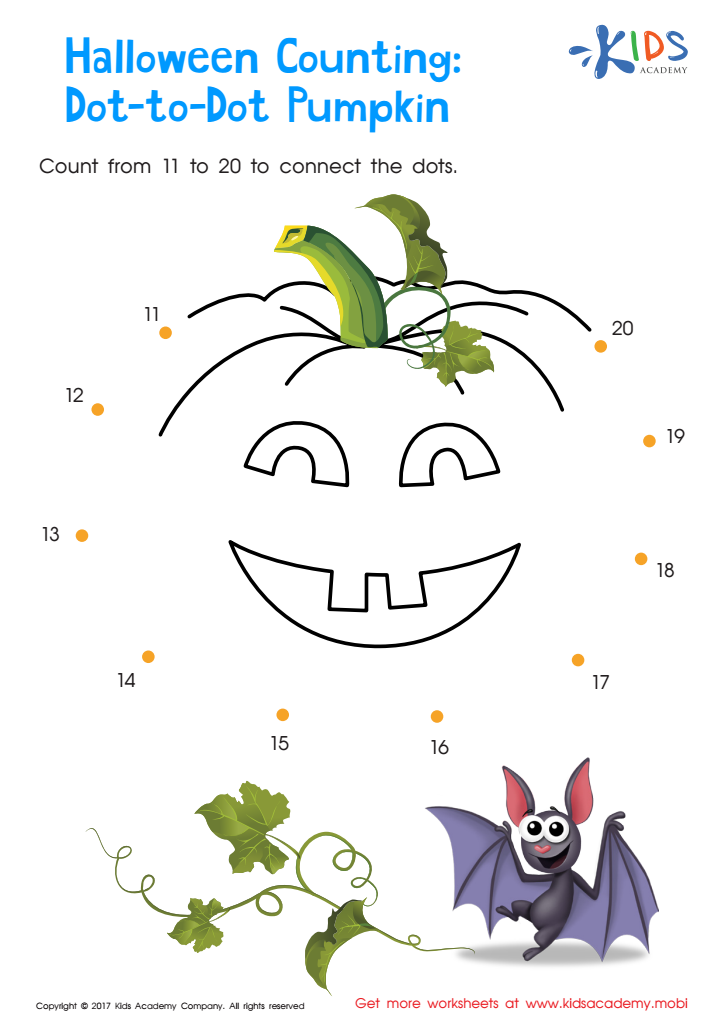

Ordering 11–20: Halloween Counting Worksheet
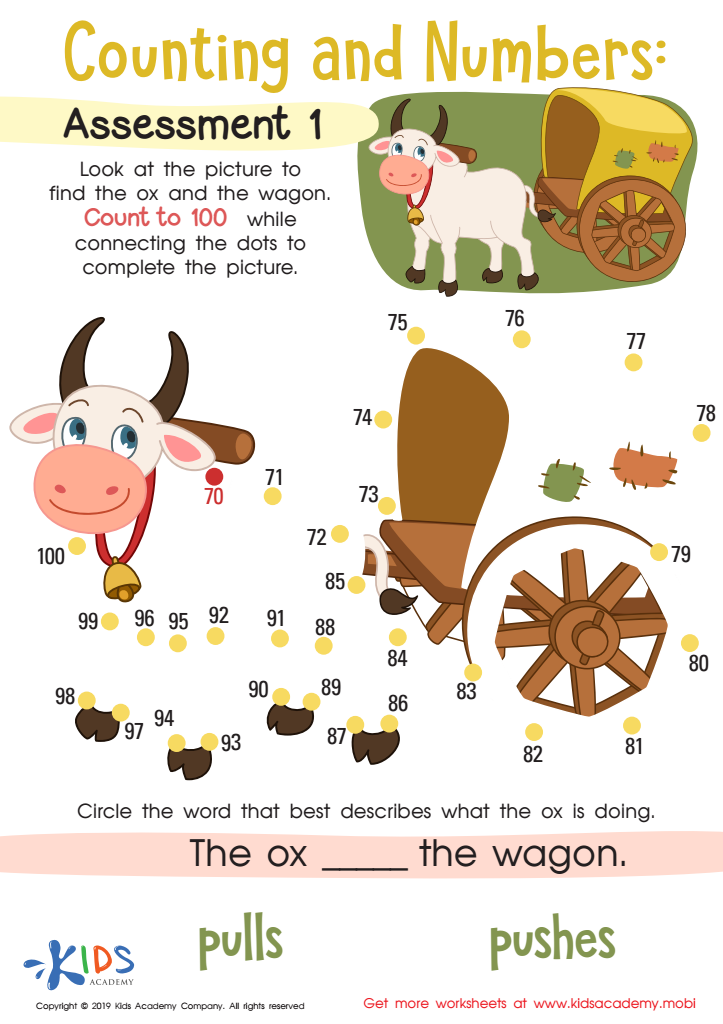

Counting and Numbers: Assessment 1 Worksheet
Counting skills are foundational to early mathematics and are pivotal for children aged 4-8, serving as building blocks for more complex mathematical concepts. Teaching young children to count easily up to 100 fosters their numerical understanding and enhances skills such as addition and subtraction, which emerge in later grades.
Fostering counting skills in this age group improves cognitive development and supports critical thinking. Moreover, strong arithmetic abilities are linked to academic success across subjects. Among these years, children thrive in structured environments where learning can be made engaging—fun games, hands-on activities, and daily counting practices can promote enthusiasm and retention.
Additionally, counting provides essential life skills, from managing money to understanding time, aiding in their daily experiences as they grow into responsible individuals. Parents and teachers should prioritize counting skills as part of early education, understanding the importance of laying a solid foundation that helps foster confidence in mathematical problem-solving.
Involving parents in this learning process can create a supportive atmosphere that enhances a child's eagerness and perseverance with numbers, further reinforcing skills learned in school. Ultimately, building proficient counting skills now sets children up for structural successes and lifelong learning in various subjects.
 Assign to My Students
Assign to My Students





%20(1).jpg)





